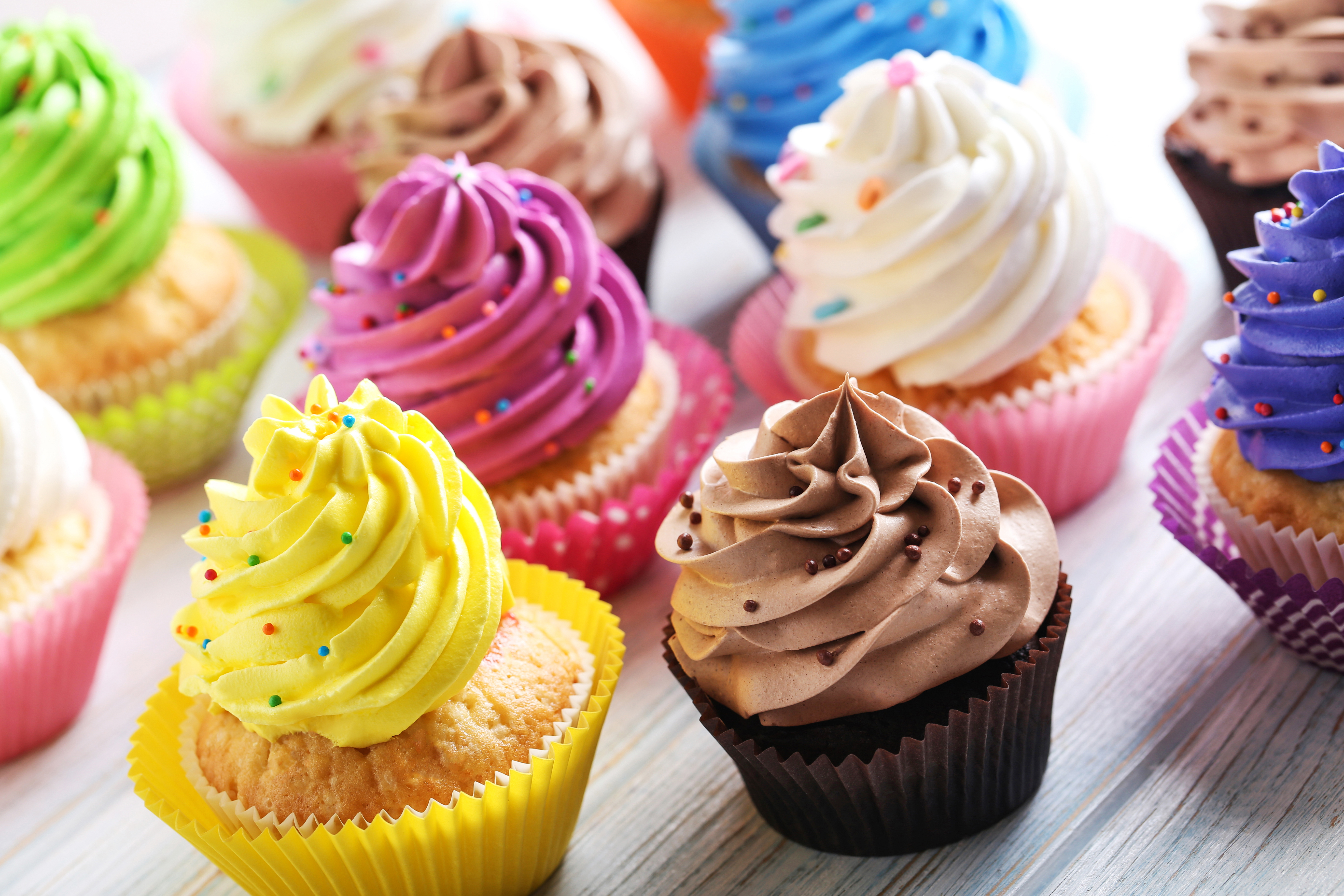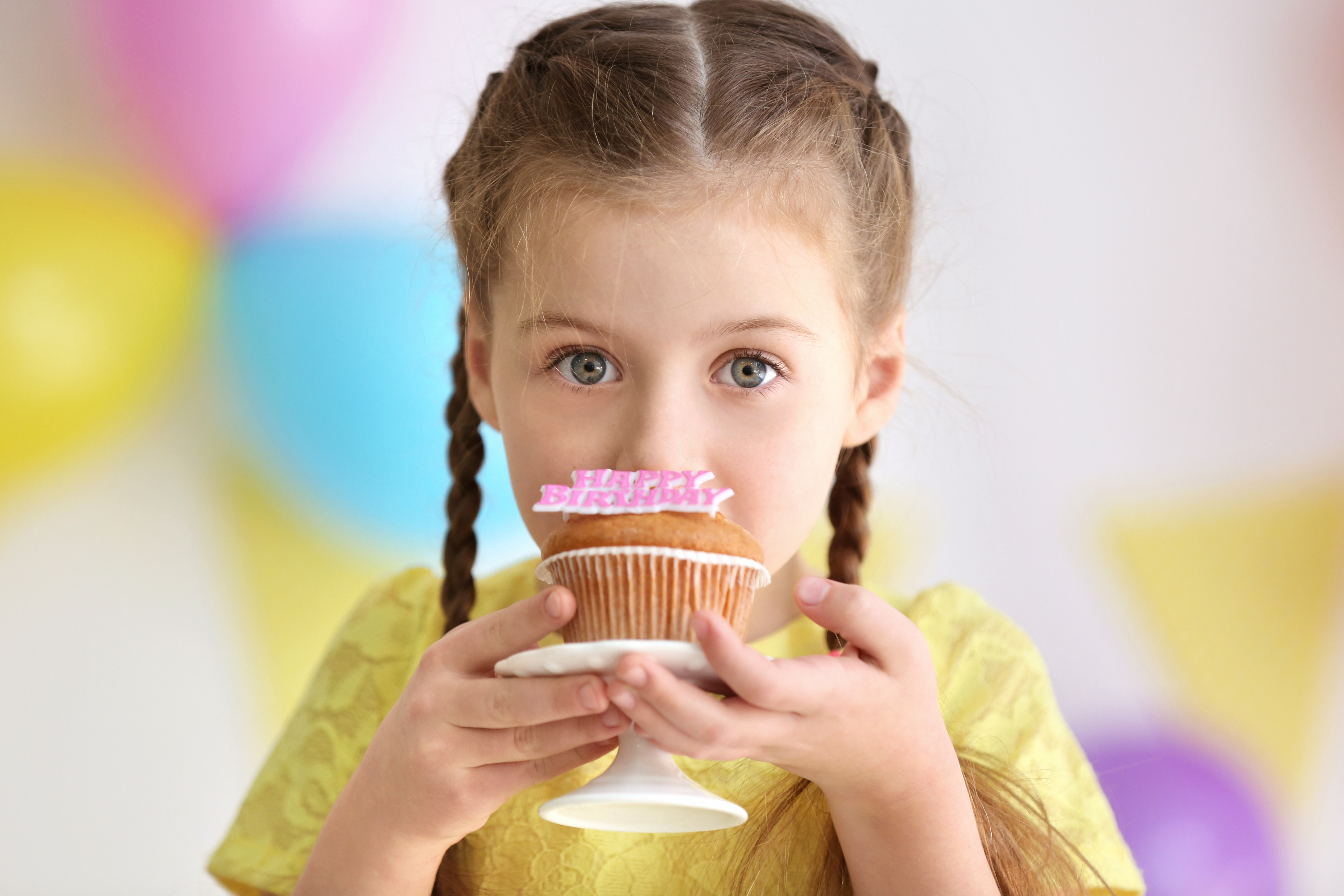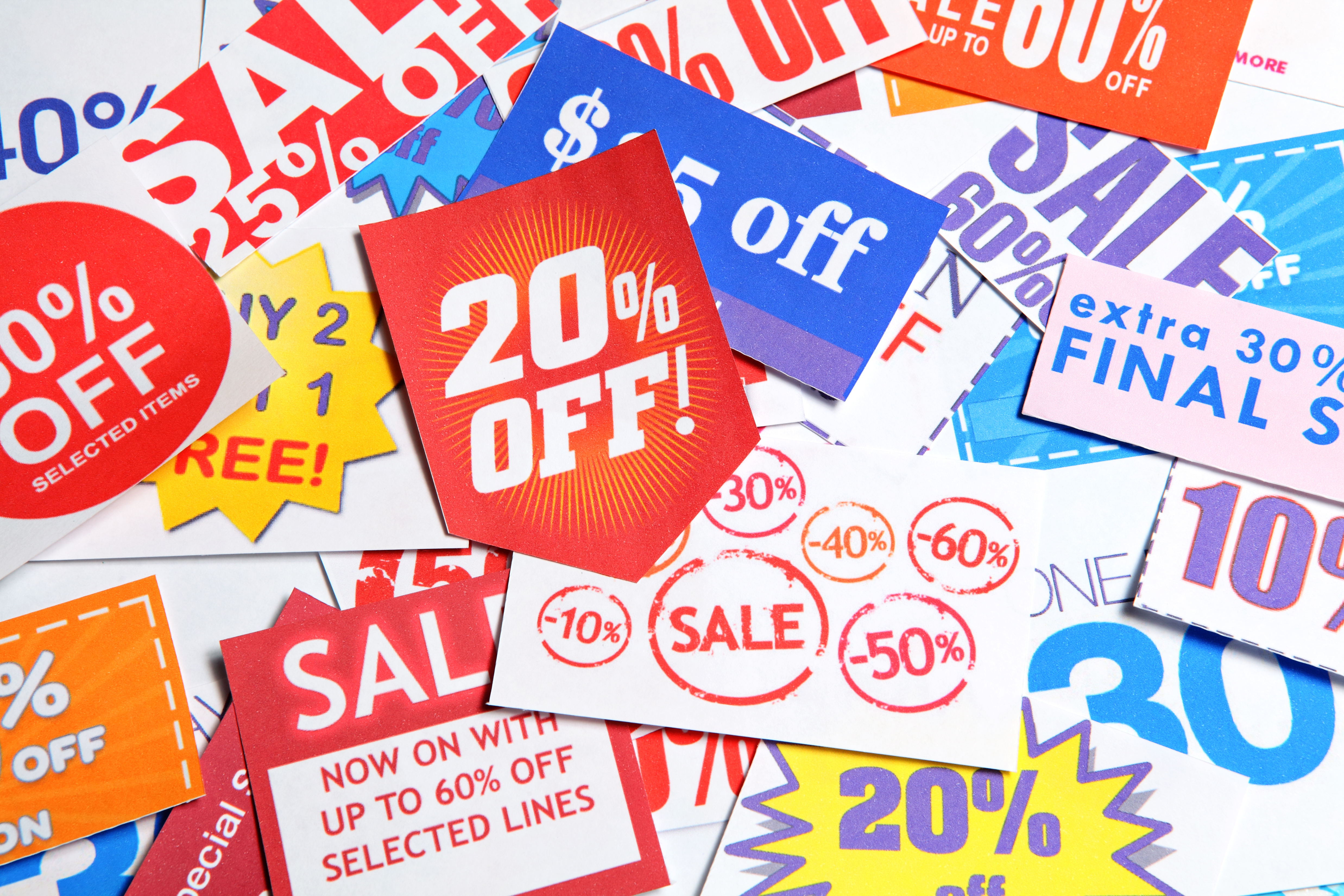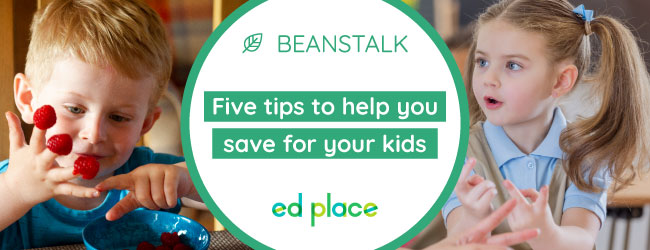
Money, money money... it's everywhere and this means that children are exposed to money and what these little discs or notes represent from a young age. It's therefore hardly surprising that money is taught in both Key Stage 1 and 2 of the National Curriculum. Below, we've created some money-related tasks for your key stage 2 child to complete but before they get started, here are our top tips when it comes to talking money with your child.
Teacher Top Tips: How to introduce money into the home:
Money is a great way of getting your child to use their mathematical skills without realising they’re doing it! When you go to the shops, ask your child which bread to buy and why - which would be the cheapest, when taking into account value for money and price per kg.
Encourage them to look for sales - if something is 50% off, ask them what the new price will be, or what the price would have been before it had 50% off. If you’re budgeting for something, such as a new washing machine or even a holiday, include your child in the discussion: you can tell them that you can save £50 a month and the washing machine/holiday costs £x. How many months will it take to save up?
Now, to the task at hand!
Ok, now it's over to your child. Why not work through the following tasks together to get them thinking about money. If possible use real money to help them work out the answer to the first task.
Money has been around for over 2000 years!
People use it every day and it's essential to everyday life. It's so important to understand how to use money and also how to budget and spend so that we can buy the things that we need and want.
Introduction
We are going to look at a recipe for cupcakes.

The following ingredients make 12 cupcakes:
For the cake: For the icing:
110g of softened butter 150g of butter
110g of caster sugar 300g of icing sugar
2 large eggs 1tsp of vanilla extract
1/2 teaspoon of vanilla extract 3 tbsp of milk
110g of self-raising flour Food colouring (optional)
How much caster sugar would you need to make 24 cupcakes?
Let's do this first one together.
Answer: For 12 cupcakes, we need 110g of caster sugar.
24 is double 12, so we double the amount of caster sugar: 110 x 2 = 220
The answer is 220g of caster sugar.
How much softened butter would we need to make 6 cupcakes?
Answer: For 12 cupcakes, we need 110g of softened butter for the cake and 150g of softened butter for the icing: 110 + 150 = 260
6 is half of 12, so we need to halve the amount of softened butter: 260 ÷ 2 = 130
The answer is 130g of softened butter.
Task 1 - Ingredients!
Keira is thinking that she'd like to make these cupcakes for her class on her birthday. There are 30 children in her class in total.

How much of each ingredient will she need?
Task 2 - Budgeting for cupcakes!
Look at the prices below. Work out how much money you will need to buy all the ingredients for the 12 cupcakes.
Work through one ingredient at a time. Remember you need enough for the cake and icing.
Hint: Make sure you look at the weight of each ingredient. If you need 110g and it’s 150g, then that’s fine (you’ll have some left over). If you need 110g and it’s only 50g, then you’ll need three lots of the 50g to make sure you have enough.
150g softened butter - £0.98
100g caster sugar - £0.35
6 large eggs - £1.09
35ml tsp vanilla extract - £1.00
1kg self-raising flour - £0.45
500g icing sugar - £0.84
1-pint milk - £0.59
Food colouring - £0.78
( 1 tsp is approximately 6 ml )
(1 tbsp is approximately 18 ml)
( 1 pint is approximately 568 ml)
Want another challenge? How much of each ingredient will you have left over?
Task 3 - Discount dilemma

The supermarket has some deals on! It’s offering 20% off all sugar.
You pay for all the ingredients with a £10 note. How much change will you get?
Hint: You can use your working out and answers from Task 2, but make sure you work out 20% off the sugars.
If you've enjoyed getting your head around these money matters, why not try these other EdPlace activities to put your understanding to the test?
All activities are created by teachers and automatically marked. Plus, with an EdPlace subscription, we can automatically progress your child at a level that's right for them. Sending you progress reports along the way so you can track and measure progress, together - brilliant!
Shopping for Stationery: What's the cost?
Counting Cash: Working out grocery costs
Keep going! Looking for more activities, different subjects, or year groups?
Click the button below to view the EdPlace English, maths, science, and 11+ activity library
All English, maths and science from Year 1 - GCSE
Answers
Task 1
For this problem, we need to work out ingredients for 30 cupcakes. We already know the ingredients for 12.
12 x 2 = 24
12 ÷ 2 = 6
24 + 6 = 30
So we need to multiply the ingredients by 2 to get 24 cupcakes and divide the ingredients by 2 to get 6 cupcakes, then add them together.
For the cake For the buttercream
Softened butter: 275g Softened butter: 375g
110g x 2 = 220g 150g x 2 = 300g
110g ÷ 2 = 55g 150g ÷ 2 = 75g
220g + 55g = 275g 300g + 75g = 375g
Caster sugar: 275g Icing sugar: 750g
110g x 2 = 220g 300g x 2 = 600g
110g ÷ 2 = 55g 300g ÷ 2 =150g
220g + 55g = 275g 600g + 150g = 750g
Eggs: 5 Vanilla extract: 2½ tsp
2 x 2 = 4 1 tsp x 2 = 2 tsp
2 ÷ 2 = 1 1 tsp ÷ 2 = ½ tsp
4 + 1 = 5 2 tsp + ½ tsp = 2½ tsp
Vanilla extract: 1¼ tsp Milk: 7½ tbsp
½ tsp x 2 = 1 tsp 3 tbsp x 2 = 6 tbsp
½ tsp ÷ 2 = ¼ tsp 3 tbsp ÷ 2 = 1½ tbsp
1 tsp + ¼ tsp = 1¼ tsp 6 tbsp + 1½ tbsp = 7½ tbsp
Self-raising flour: 275g Food colouring (optional)
110g x 2 = 220g
110g ÷ 2 = 55g
220g + 55g = 275g
Task 2
£6.63 or £7.41 (if you bought the food colouring)
Softened butter: We need 260g (for the cake and icing). It only comes in 150g so we need 2 of these.
£0.98 x 2 = £1.96
Caster sugar: We need 110g but it only comes in 100g, so we’ll need 2 of these.
£0.35 x 2 = £0.70
Eggs: We only need 2 and they come in packs of 6, so we just need 1 of these.
£1.09
Vanilla extract: 1½ tsp (cake and icing) is approximately 9ml and it comes in 35ml.
£1.00
Self-raising flour: 1kg = 1000g, so 1kg is plenty!
£0.45
Icing sugar: We only need 300g, so 500g is plenty.
£0.84
Milk: 1 pint is approximately 568 ml and 3 tbsp is approximately 54 ml, so 1 pint is enough.
£0.59
Food colouring = £0.78
Now, we need to add all the prices up:
£1.96 + £0.70 + £1.09 + £1.00 + £0.45 + £0.84 + £0.59 = £6.63
If you wanted to add food colouring as well, it would be £7.41
Task 3
£2.90
Here are the prices for the non-sugar ingredients:
Softened butter: We need 260g (for the cake and icing). It only comes in 150g so we need 2 of these.
£0.98 x 2 = £1.96
Eggs: We only need 2 and they come in packs of 6, so we just need 1 of these.
£1.09
Vanilla extract: 1½ tsp (cake and icing) is approximately 9ml and it comes in 35ml.
£1.00
Self-raising flour: 1kg = 1000g, so 1kg is plenty!
£0.45
Milk: 1 pint is approximately 568 ml and 3 tbsp is approximately 54 ml, so 1 pint is enough.
£0.59
Food colouring = £0.78
If we add these together, we get £5.87
Now, we need to work out the 20% off.
We can do this in a few different ways. Here are two different ways:
Caster sugar: You may know that 20% is the same as ⅕ (one-fifth). We could work out ⅕ of £0.70 and then subtract it from the £0.70
To work out ⅕ of 70p, we work out 70 ÷ 5 = 14.
So ⅕ of £0.70 is £0.14 and 20% of £0.70 is £0.14.
£0.70 - £0.14 = £0.56 (caster sugar)
Icing sugar: To work out 20% we can work out 10% and multiply it by 2.
10% of 84p = 8.4p (84 ÷ 10)
8.4 x 2 = 16.8
This means 20% of 84 is 16.8
84 - 16.8 = 67.2p
As this is money, we would round it down to 67p because we can’t have 67.2p
£5.87 + £0.56 + £0.67 = £7.10
The question asked how much change we would get from a £10 note:
£10 - £7.10 = £2.90







